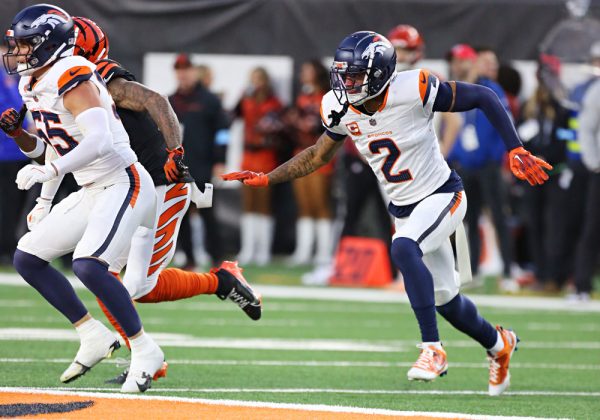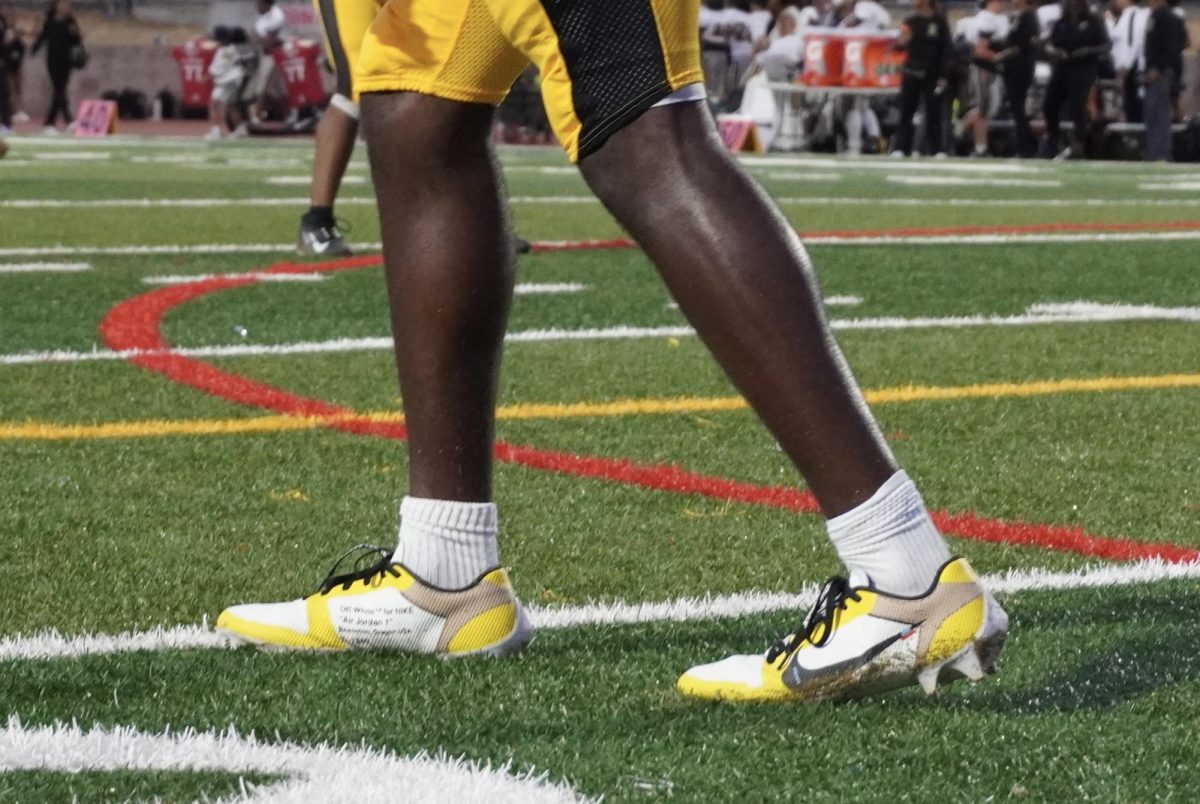
The NFL season is upon us, and with that comes fantasy football, an online game in which normal, often unathletic commoners like you and me take control of a team composed of some of the best athletes in the world, competing against their friends and allowing multimillionaires to completely alter their mental health every Sunday. With money, bragging rights, and often major punishments on the line, fantasy football becomes a key part of many friend groups at O’Dowd every year. After all, football is often called the “traditional American sport.” It makes sense that allowing the general public to feel like a part of their favorite pastime should unify fans under a common cause. But while fantasy football is a powerful connector, it’s also one of the most intense sources of friendship-testing conflict at Bishop O’Dowd between September and December. This begs the question: does fantasy football ultimately help or hurt friendships?
On one hand, fantasy football is a fantastic way for friends to connect over their shared love of football. Being in a fantasy football league provides a consistent and structured reason to maintain connections, with weekly matchups and debates leading to lively group discussions. As Alex Ekman ‘27 muses, “I think fantasy can boost friendships because it brings friends together in one group to talk about sports. The people that think it hurts friendships have a too aggressively competitive mindset instead of just having fun.” Especially at Bishop O’Dowd, a school well known for athletics, and largely for football within that category, fantasy is a system that fits perfectly in the school’s sports-focused population. However, Alex’s point regarding an “aggressively competitive mindset” represents a key issue when it comes to fantasy football’s effects on friendships. Maturity is required to manage the intense rivalries that can ensue during the season, but do O’Dowd students have that virtue?
If the tense rivalries, competition, and direct assaults on friends that can come with fantasy weren’t enough, the true test of this virtue comes at the end of the fantasy football season, when the leaguemate with the worst record suffers a punishment. These often border on hazing, while under the guise of friendly competition. Examples include the dog cage, in which the loser is locked in a dog cage and showered with condiments and various liquids, milk miles, which test one’s ability to drink a gallon of milk and run a mile, and other various public humiliation rituals. In a fantasy league, all members understand the risks that come with it, and the concept of a punishment itself is not necessarily an issue. But it is difficult to argue for fantasy football’s ability to bring friend groups together while, throughout the year, all involved are fervently wishing harm on their leaguemates. Last year, I lost my fantasy league and suffered an extremely cruel and vile punishment. Neptune Miller ‘27, one of my leaguemates, proclaims, “The crude punishment had seemed so distant and comedic, but when the moment came, I was fearful for the wellbeing of my friend.” How have we strayed so far from basic compassion through this game? Why do we want our friends to suffer such public humiliation?
It is up to each individual to decide if the pros of fantasy football outweigh the cons when it comes to friendships. I can attest that I have strengthened my relationships with friends and built consistent communication with many who I had not previously considered close. But at the same time, I had to look up at my nine leaguemates as I did my punishment and know that in their hearts, they thoroughly enjoyed seeing me suffer over this game. I love fantasy football, and many others at Bishop O’Dowd do too. And maybe that’s the true spirit of fantasy football: you have to openly hate your friends for a few hours, just to remember the bonds and friendships you made throughout the season.







